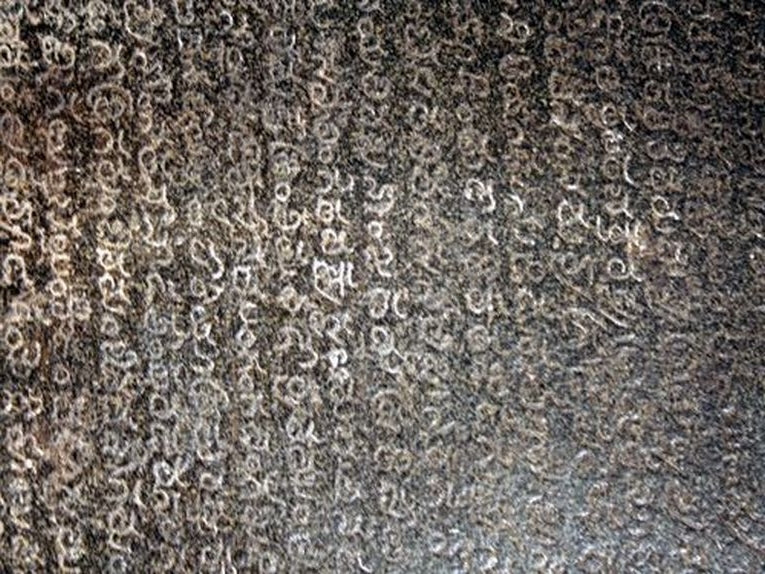Well maybe not, if you're good at communicating in 15,000 year-old language. To be honest the title holds most of the popular words that scientists have evaluated as being common to all the ancient languages of which we know.
There are only 13 more that aren't in our sentence. Mark Pagel at Reading University and his colleagues Quentin D. Atkinson, Andrea S. Caluded, and Andrew Meadea from New Zealand and New Mexico, have predicted that certain words changed so slowly over time that they keep traces of their ancestry for more than ten thousand years. Basically he explained at the Department of Evolutionary Biology, "We discovered we could predict a rate of evolution for words." The full paper can be found at
Computers then statistically chose the individual words that could be understood in the long term, across the great languages of the past, because of similar sound and/or spelling. These words would have evolved more slowly. This happened because of the great usefulness that can be ascribed to communication between different groups. Life and death problems could have been solved simply because somebody spoke the right words at the right time. It certainly makes you think what could have saved a life or lives.
Recognition of meaning was key, it seems. A different letter like Vater from German and Pater from Latin wouldn't lose the basic meaning of father, despite the pronunciation. Everyday speech in those days was certainly odd compared the language used in more modern times. The numbers, pronouns and some adverbs remain stable in many languages, which is perhaps the reason we all use Arabic numerals!
Professor Pagel stated, "As a rule of thumb, words used more than about once per thousand in everyday speech were seven to ten times more likely to show deep ancestry in the Eurasian super-family." He did look at many other languages that more or less conformed to his rule of thumb, too.
The relevance of course is to that age-old problem about myths and monsters, migrations and human evolution, through African beginnings, Asian spread and post-glacial colonisation. Half the world's people now use the descendants of this basic core of language. From Dravidian India to Arctic Inuit languages and that wonderfully-migrated Uralic group that gave us Hungarian and Finnish!
Good luck with your "root words" today. Use them carefully, they're older than you think.










